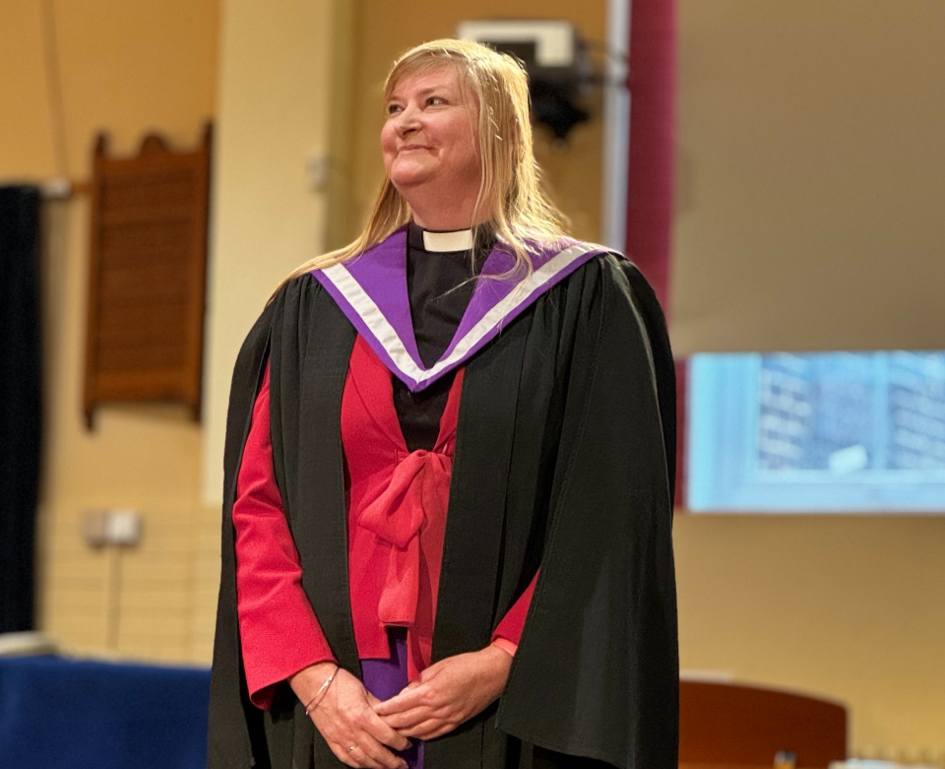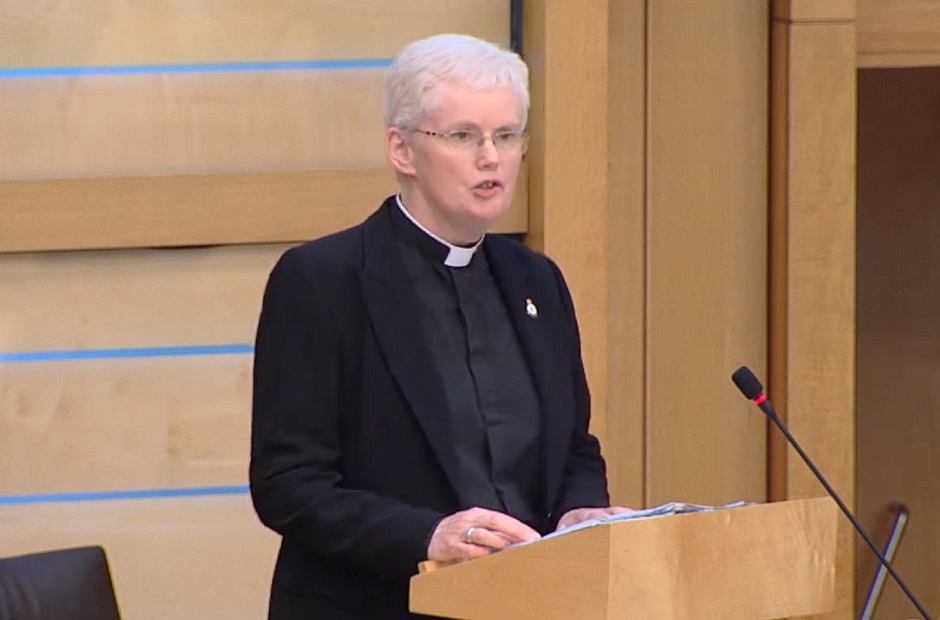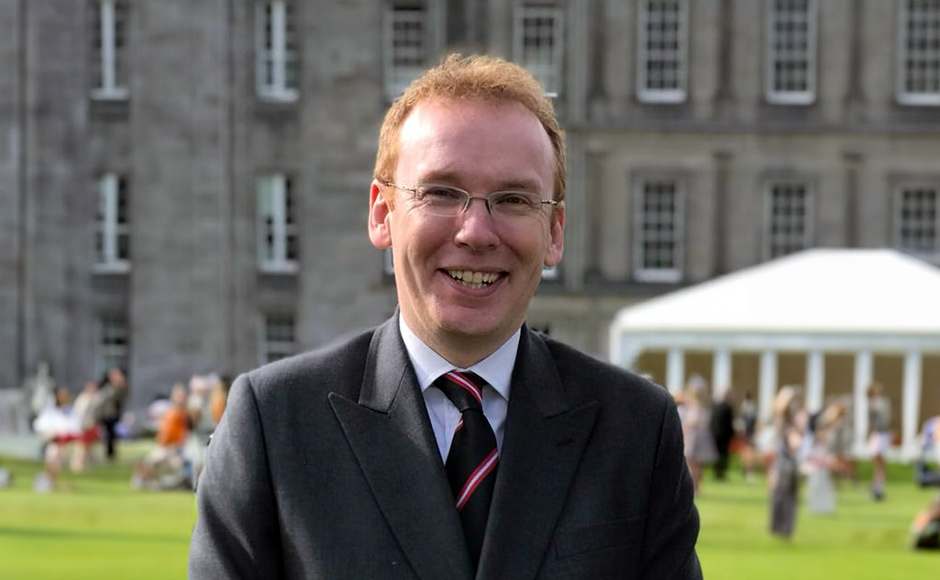Assistant ministers make their mark in Glasgow
Published on 18 February 2025 8 minutes read
Some of the Church of Scotland's newest ministers may still be waiting for their first charge, but they are still making an impact on the communities they serve.
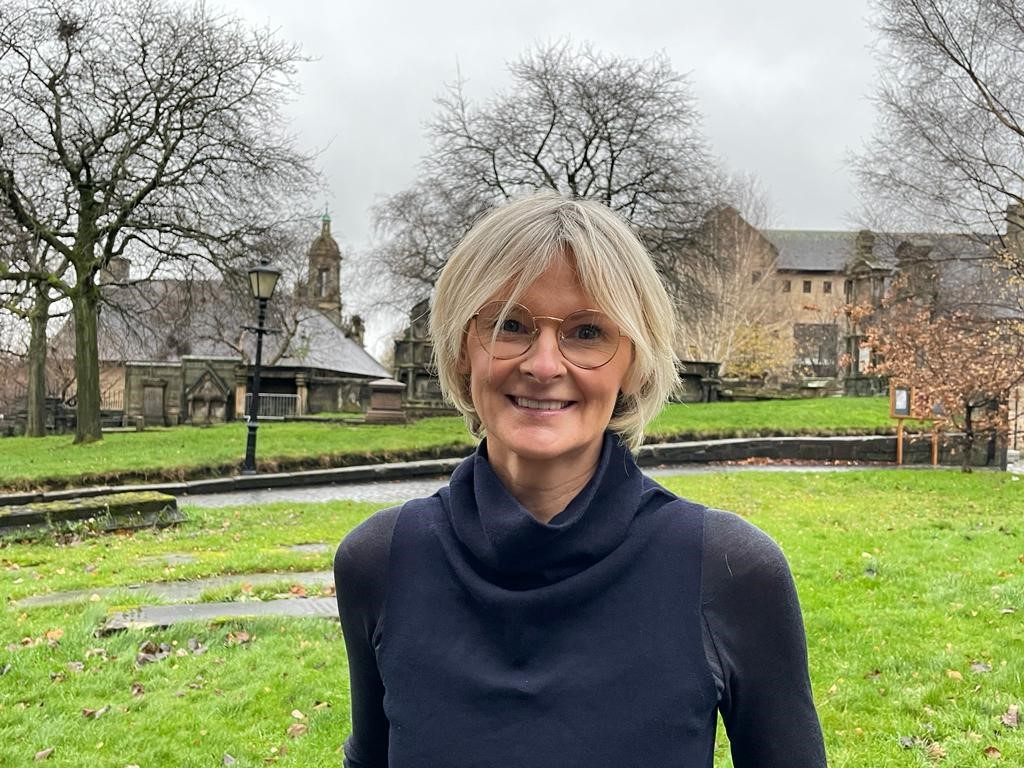
Temporary Assistant minister contracts allow ministry candidates who have completed their probationary period to be ordained into Ministry of Word and Sacrament without waiting to secure a charge of their own.
The assistant minister scheme was introduced as a bridging scheme whilst presbyteries suspended their Presbytery Plans whilst they planned and agreed their new Presbytery Mission Plans. The scheme is due to end later in 2025.
In the Presbytery of Glasgow, as in other presbytery areas, this has enabled new ministers to make good use of their time in "the waiting room" between ordination and the next stage in their ministry to fill gaps in ministry provision, help churches navigate changes such as union with another congregation or pioneer new ways of working.
For Rev Julie Hearty, the scheme has allowed her to take on the responsibility of locum at Lenzie Old Parish Church, where she was ordained on 30 May last year, becoming the first minister to be ordained in the Lenzie church since 1876 when the church was added to the roll of Glasgow Presbytery.
"Serving as an assistant minister has invited me into the waiting room," Julie said.
"This invitation has in some ways been an epiphany, realising my own impatience, my relative incapacity to wait for much of anything and in many ways has exposed my tendency to seek and find, rather than wait. If we are honest who relishes the prospect of waiting, for it ultimately asks us to relinquish control, and perhaps asks us to ask ourselves the question, what am I waiting for?
"Being in the waiting room for the past year or so, both at Springfield Cambridge and Lenzie Old Parish Church, has ministered to me and asked me to minster to others."
However, she pointed out that ministers are not alone in having this "waiting room" experience.
Congregations have also found themselves awaiting development as they go through the experience of Presbytery Mission Planning as part of a nationwide restructuring process to create a more efficient church to meet the needs of 21st century mission.
"Many people's lives have changed over the course of the past few years, and life no longer feels like it used to," Julie reflected.
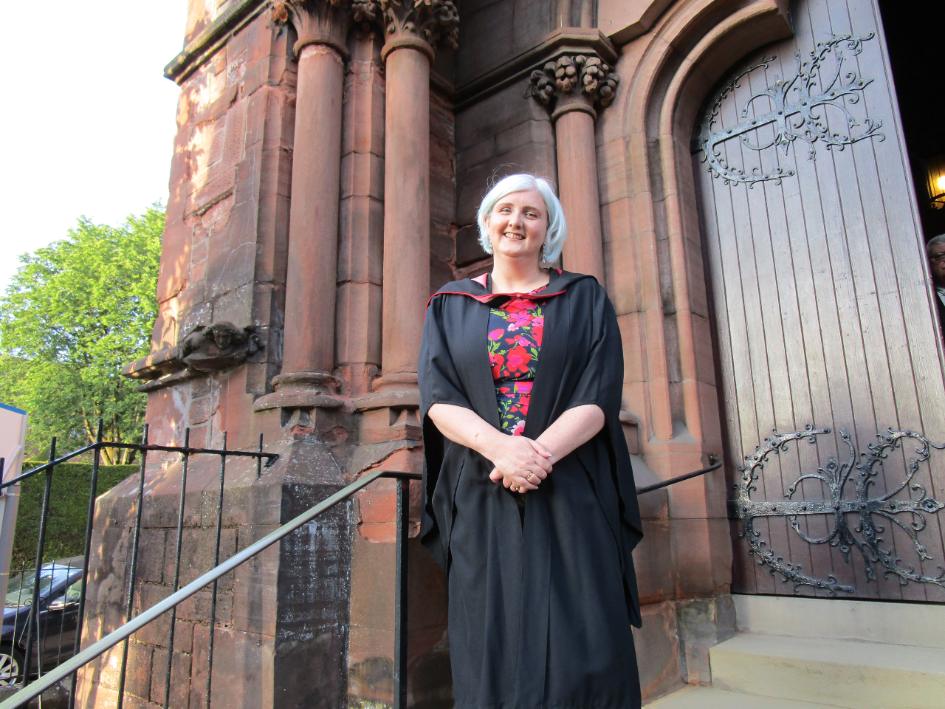
."Some find themselves wondering what's next, will things get better, or will they get worse. Many have found themselves in life's waiting room and I have been given the privilege of being with them as they seek the presence of God, and I've tried to help each one wait well."
This has included helping people through presbytery planning.
She said: "Part of my role as assistant minister has been supporting congregations to ask themselves that question, what are you waiting for? For perhaps in asking that question, congregations are finding out what really matters and that we really are saved by faith. For people who ask this question and live by faith, never stop growing, are not easily defeated, are wise, and compassionate and are fun to be around, for they have a quiet and confident joy.
"I am grateful for that invitation into the waiting room and grateful for the fruitful ministry that has taken place in my serving as an Ordained Church of Scotland Minister, albeit an ‘assistant' one."
New start in a New Town
Rev Fiona Crawford and Rev James Gemmell have known each other since studying divinity at the University of Glasgow and were ordained together at St Mungo's Church in Cumbernauld where they embarked on a pioneering team ministry that helped bring together the congregations of three churches, St Mungo's Kildrum and Cumbernauld Old.
Both have also followed other family members into ministry. Fiona's husband Stuart is minister at King's Park Glasgow and James' father, also James, was a minister in the Highlands and Perthshire prior to his current charge at Carnwadric.
Having a family member "in the business" has been a help in knowing what to expect from ministry.
"I think that gave us a greater appreciation before we began of what ministry in all its messiness and all its fulness can be," Fiona said.
"With someone in the family who is a minister, you appreciate there are challenges and the lows and frustrations, but you also see the honour it is to share in people's life journeys from beginning to end, the satisfaction in encouraging someone move from the fringes of the church community to being actively involved, and the joy of playing some part in them coming to faith or taking steps forward in their faith journey. That is so exciting to see."
James admits that he resisted following his father into ministry, but after initially hoping to become a history teacher and then working in the insurance industry for a number of years, he realised he felt unfulfilled and began the process of applying for ministry.
"My father's experience has changed not so much my approach to ministry as my approach to management of people," he said.
"I have known some of the issues my dad had with politics within the church and I am very much of the view that we should get it sorted now rather than let it fester."
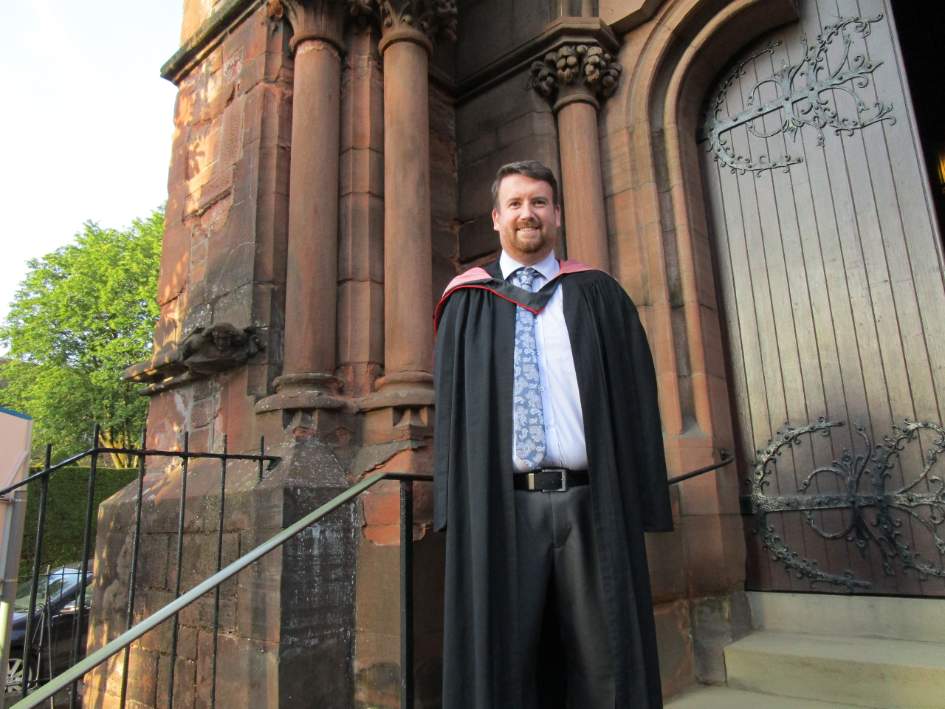
These are lessons which he was able to successfully put into practice in Cumbernauld.
"A testament to James's pastoral skills was that when St Mungo's and Kildrum came together, he lost almost nobody in the union," Fiona said.
"A couple went to Cumbernauld Old because their transport situation was difficult, but those apart, almost everyone worshipping at Kildrum went on to worship at the St Mungo's building. That was a huge achievement."
Fiona also paid tribute to Glasgow Presbytery Clerk Rev Dr Grant Barclay in having faith in the two new ministers to work as a team and bring the three congregations together, as well as the support provided by Rev David Denniston, who took on a mentoring role for the assistant ministers.
"I'm very grateful to the presbytery for entrusting us with this," she said.
"I think Grant had a real vision that all of his team in the assistant minister posts in Glasgow had something to offer the Church in fairly difficult times and entrusted us with some fairly challenging pieces of work. His pastoral care for us has been really good and he made sure that there were support structures in place.
"Having access to a mentor was really valuable. Some of the things we had to do were quite tough and not everyone wanted to go down the same route, so having someone to bounce things off was really useful."
Fiona and James began with a community audit, looking at where the other churches were in the area to decide how to make best use of their resources and which buildings should be retained.
"We tried to take a mission-based approach to that as well as looking at what was sustainable and what were the needs and opportunities in the area," Fiona said.
"We realised that Cumbernauld is not just the New Town and even within the New Town, the planners had created distinct ‘urban villages', alongside the villages that had existed for hundreds of years.
"We looked at what they were already doing and where that fit with the five marks of mission. Bringing the kirk sessions and other groups together to discuss the way forward helped them to look to the future and see what they had in common. It gave them hope beyond the tough decisions that they were going to have to make.
"When we began our ministry, we thought that we would be working much more in parallel across the congregations as we brought them together. What we discovered was that the congregations had different approaches and different areas where they needed to be strengthened. That altered completely what we did as a team. We learned that we could work autonomously within a shared strategy, towards a shared outcome."
As pioneers in team ministry, Fiona and James also produced a report on team working which was presented to the national Church, outlining some of the lessons they had learned.
Fiona said: "It helped that we knew one another. Because we had built up a bit of a relationship before and knew each other's strengths and weaknesses.
"If you are not a team player, I don't think it would be for you. There has to be an element of compromise and an element of being willing to let other people's ideas spark your own. That sometimes means giving up parts of what you had envisioned, but often that means you find something better."
James said: "Team ministry makes a huge amount of sense. You can get more done because you have joint working as well as individual working.
"What makes a good team is that ability to be honest with each other and the experiences over those two years, we couldn't have had in any other circumstance. In doing that, one of the parts of the Glasgow Mission Plan has actually come together because of the work that we have done. We are different people and ministers from the ones we were when we were ordained in 2022, and again that is because of the experience we have had."
That experience has shaped the direction Fiona's career has taken.
At present Fiona is spending half her time ministering at Baranark Greyfriars Church, but the rest of her time she is a presbytery change facilitator for Glasgow Presbytery, working with congregations as they seek to implement the Mission Plan.
James is currently based at Tron St Mary's following the previous minister's departure from the city centre church last summer, and is now looking forward to applying for his first permanent charge and bringing the lessons from his time in Cumbernauld with him.
"There was something so positive about our journey," he said.
